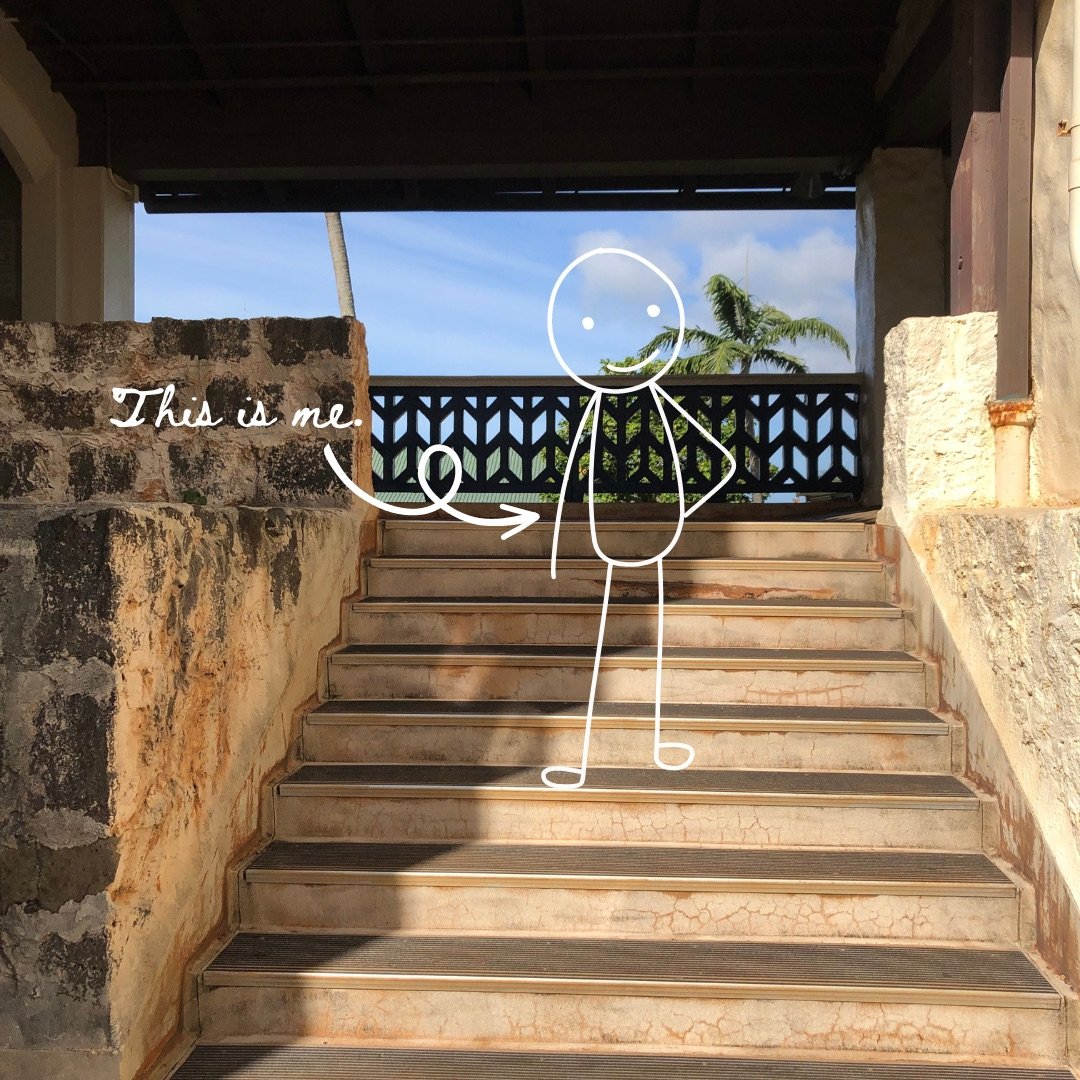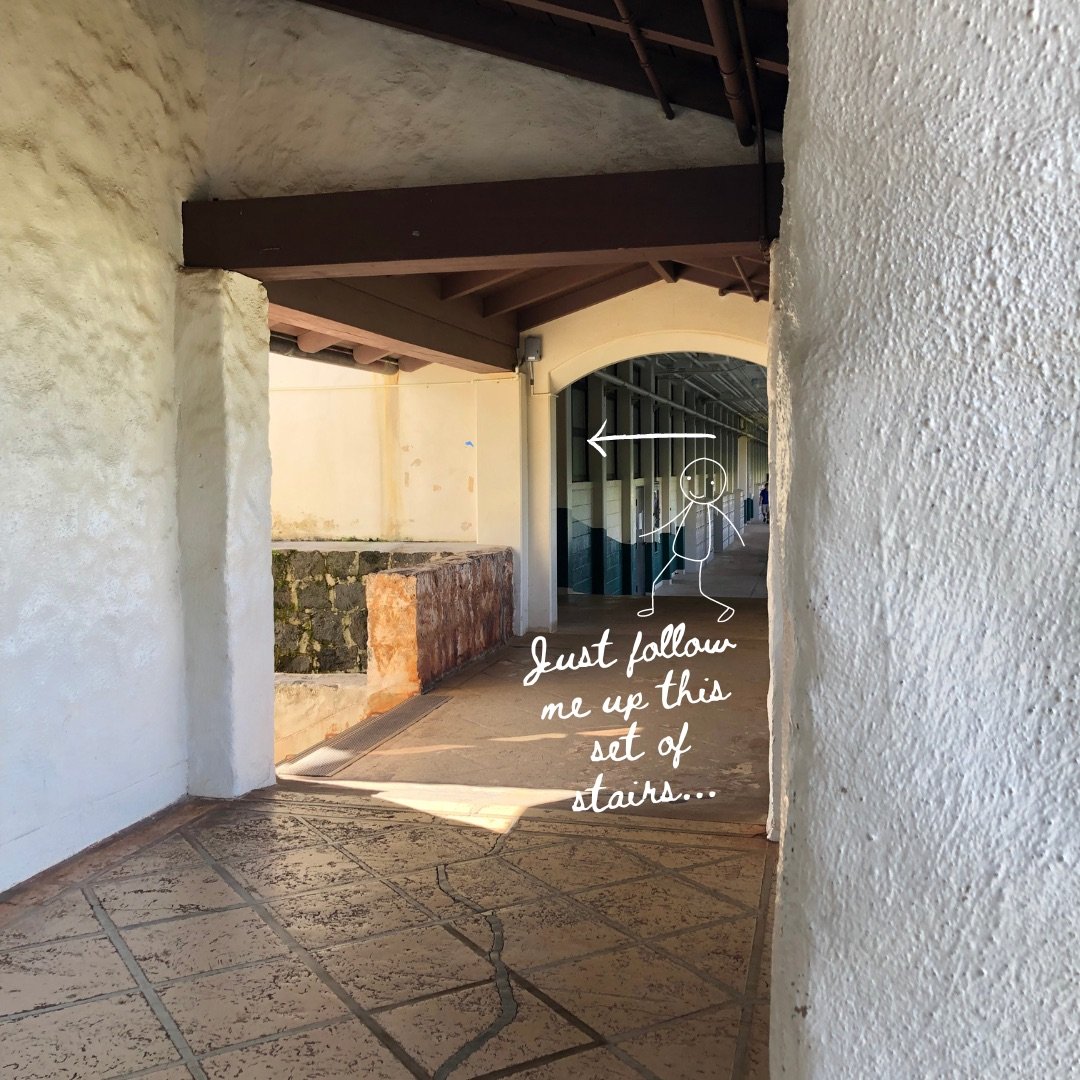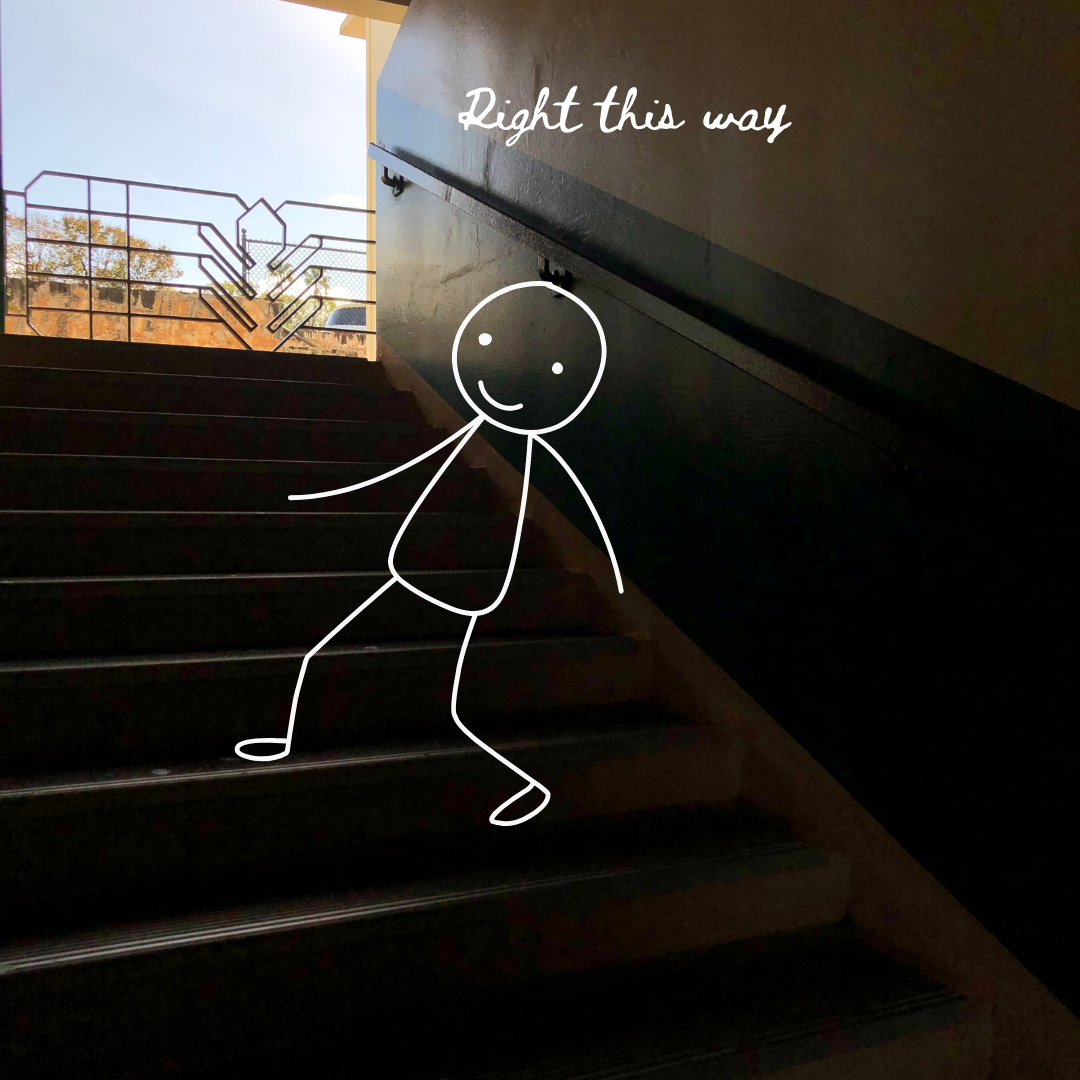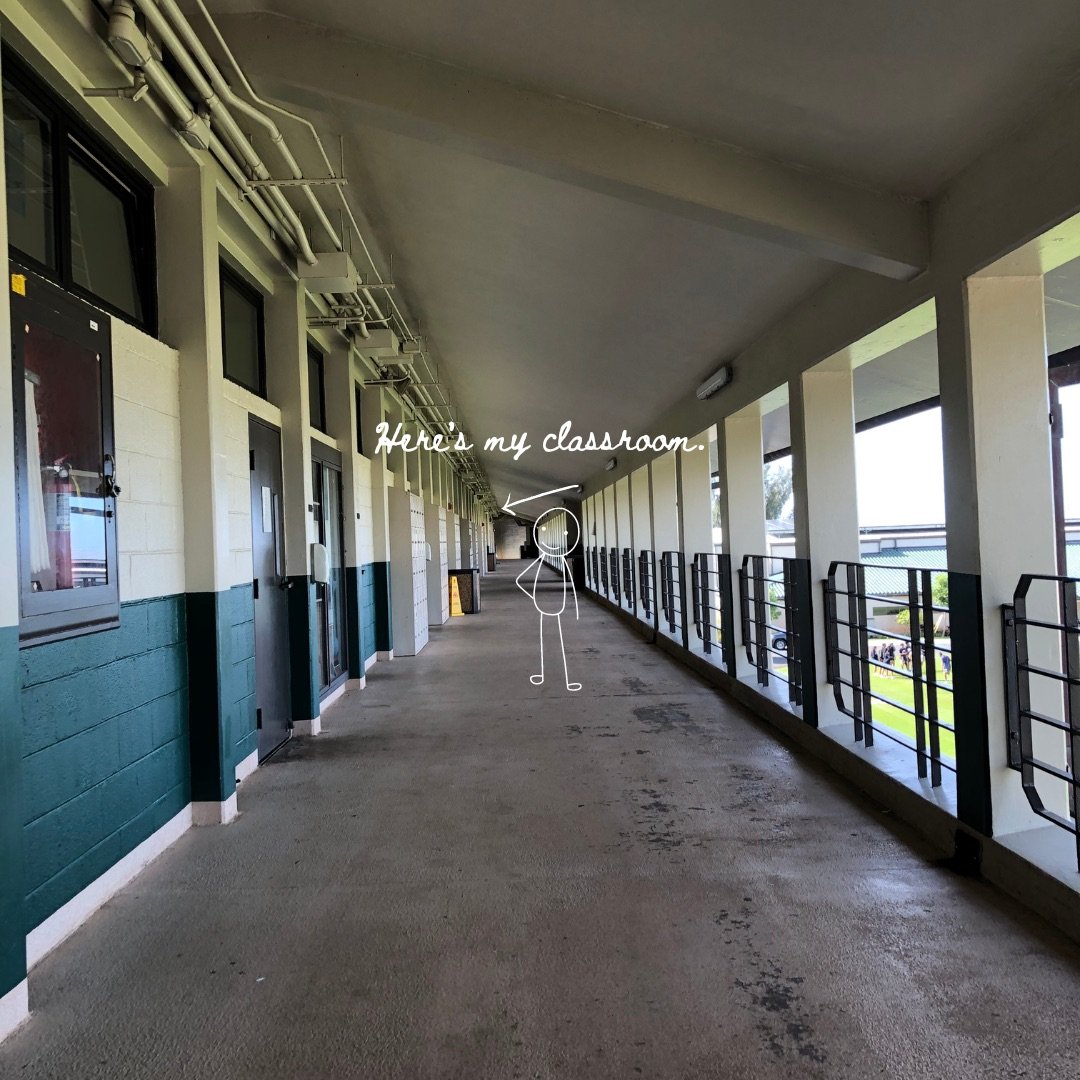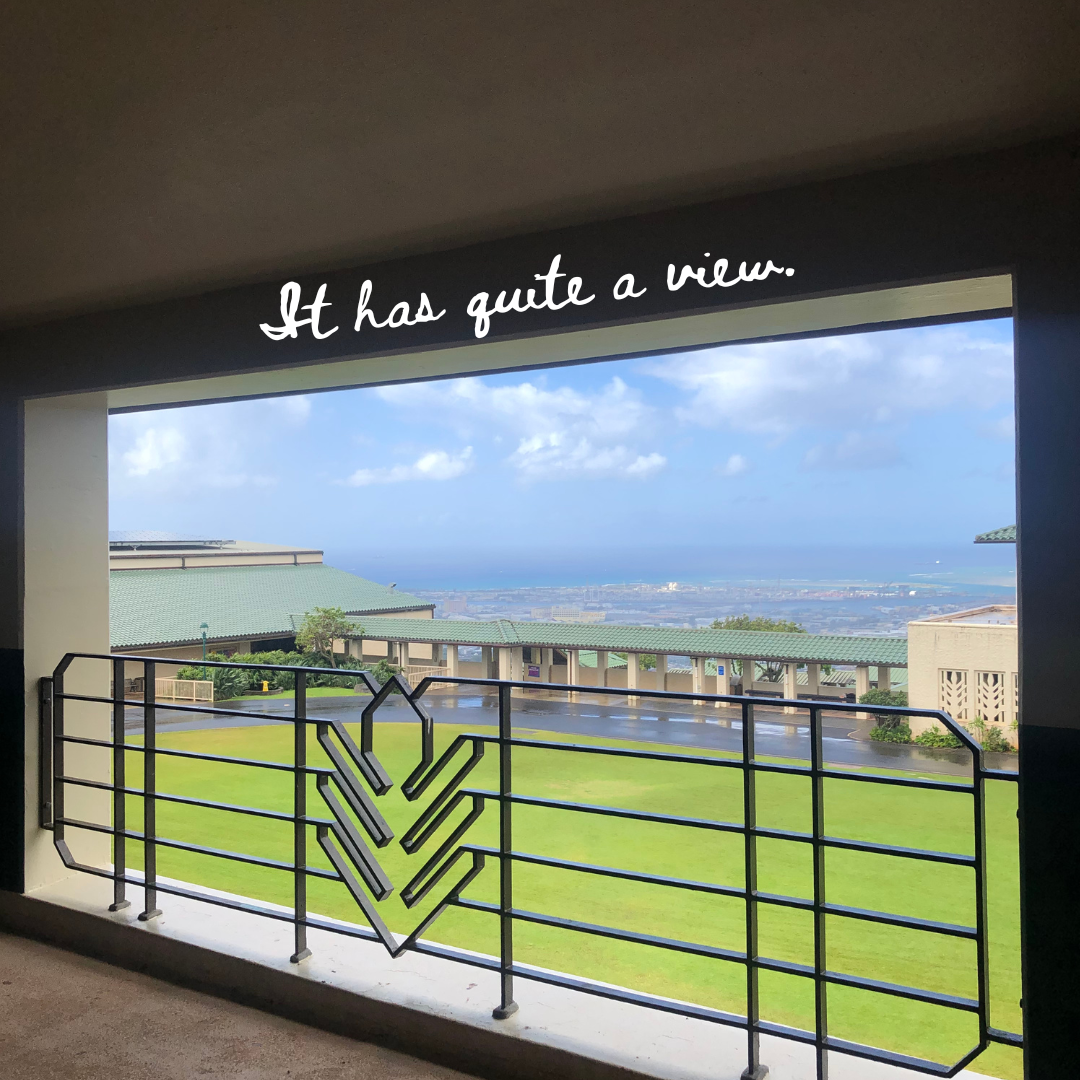You know that party question: would you go back to high school? It often creates an either-or dichotomy: Hell no! Or Absofuckinlutely! For the last eight weeks, I went back to high school. Okay, not as a student, but rather as a long-term substitute teaching English to 9th grade students. Given I taught English for over twenty years, this wasn’t a stretch, but after nearly three years outside of a traditional classroom working instead as a full-time author, it was a refresher in all things teen and work life. This, my friends, is what I learned returning to the classroom.
First, kids are kids no matter the year. Granted, the 13-and-14-year-old students I was attempting to impart wisdom about Shakespeare’s The Tragedy of Romeo and Juliet were eleven when they were forced home for Covid. So their sixth-and-seventh-grade years (a primary time in learning communication skills) were spent behind computer screens (and believe me it showed). I got them journals to decorate and make their own and each class we spent writing for the first ten minutes. Then—to practice our social skills—we “turned and talked” and like any teen, they fell right into that activity. It took a bit of time to get them to share with one another, but after a week or so, it began to feel safe, normal even. Teens are awesome people. They’re funny, they’re pragmatic, they’re focused (on what they’re interested in), and like all people, they're social.
Sometimes I get so far into my head, I forget the socialization part of life. I’m a self-professed introvert. I am content in my home, in the space I’ve made for myself, in the routine that I’ve created to address my work (writing, editing, book life, and taking care of the dogs and cats). I’m content to text with my friends and set the phone down. This isn’t a knock on my friends or human interaction in general, just a truth about my identity. I am content being alone. But walking into the classroom and observing the students reminded me how important socialization is. How critical it is to interact with others in order to grow my perspective, challenge my norms, push me outside of the comfort zone. I’m better for it. Just like the students, I have to make time to “turn and talk”.
“Make the time to ‘turn and talk’.”
Second, I remembered immediately how much mental capacity is necessary to be a teacher. Goodness gracious. There’s creative work of designing the curriculum and making sure it’s got enough critical-thinking meat as well as age-appropriate relevance. Then there’s the creativity in doing the same for each class-period lesson. Then there’s the all-encompassing act of assessment, whether it's the informal observation in the classroom, the formative assignments, or the summative tasks to showcase skill growth, a teacher is always “on” both inside and outside of the classroom, and it’s exhausting. From the classroom management, to the planning and assessment for each learner, to the research—and while I didn’t have to attend all those meetings—there are all those meetings that really have nothing to do with the day-to-day job, but the bigger picture of teaching and learning.
I had a conversation with one of my former colleagues (yes, this is the school where I used to work full time before leaving to write full time) who expressed the day-to-day struggle. Having been teaching for fifteen years, *they indicated a sense of bone-weary exhaustion. Is it a wonder? The amount of mental capacity it takes to do the job coupled with the struggle of external perception that “teachers don’t do enough” along with administrations who add to the plate for “accountability” is not only disheartening, but drains the well dry.
When I sit down at my writing desk everyday, I feel joy. The act of creating, of telling a story or sharing my thoughts, is fulfilling. I might be poor, but I am so content doing this work. And while that creativity does draw from the well, this is a choice I make each day. I’m accountable to myself, to my own perception of what’s going to build and present my best work. This conversation with my colleague reminded me how unfulfilled I felt as a teacher. Don’t get me wrong, there were absolute moments of fulfillment. That moment when all the work that went into that unit and specific lesson hit all the right notes, when I got that student essay that nailed it, when I had a real conversation with a student that helped them through something, or the plethora of moments with colleagues when we laughed and planned and continued through the struggle together. But overall, my mind was always thinking about writing. Makes sense—it was what I was born to do. And that—time spent pursuing my passion—is so affirming.
“You canʻt ever go home again”
Finally, Thomas Wolfe in his 1940 novel by the same title wrote, “You can’t ever go home again.” I disagree with the sentiment. We need to go home again. It’s true that when we return home, we return with a new perspective, therefore we aren’t able to capture that experience with the sameness of our memories. It’s impossible because we are changed. New perspective allows you to see with new eyes, while at the same time grounding you to something familiar. Returning to my former school allowed me this renewal. I returned with three years of independent authorship and entrepreneurship added to my vitae, and while that impacted my experience of walking back into the classroom, being a teacher again offered me the familiar feeling of being good at something once more when authorship doesn’t provide that immediate feedback.
As I was standing in the hallway greeting students as they passed, welcoming my students to the classroom, one of the vice principals walked past. It was my last official day in the classroom, and we exchanged chatter about it. *They continued on, but then stopped and backtracked toward me once more. “I wanted to tell you,” they started and expounded about a teacher group I was a part of with them before I left. We reminisced about the power of that group, and the change we were able to enact because of our work. Then they said, “All that to say, you made a big difference in our school. Thank you.”
I don’t take compliments well. Never have (Iʻm sure there’s a bunch of psychology behind this), and I felt speechless. It was such a nice thing to say, and this person didn’t have to backtrack to offer it to me. I walked into the classroom, pondering it. I think perhaps I even attempted to discount it, but it couldn’t be dismissed. I had to take that sweet sentiment and allow it to bolster me. And it did. It reminded me that risk-taking for the greater good is a very important part of my identity. So perhaps you can’t go home again unchanged, but home often has a way of reaffirming ourselves and strengthening our purpose.
So, friends, I return to my writing desk full time, surrounded by my furry co-workers—Ruby, Haupia, Cheese, and Happy—ready to face the quiet of my writing life, excited to face it, and grateful for having taken the time away to refill the well in a different capacity.
A heads up:
I will be moving over to SubStack for additional content. While you’ll still have access to this weekly blog, perhaps consider subscribing to my substack for up-to-date news and additional writing excerpts meant to entertain.
*They denotes a singular person and is used to protect their identity.
